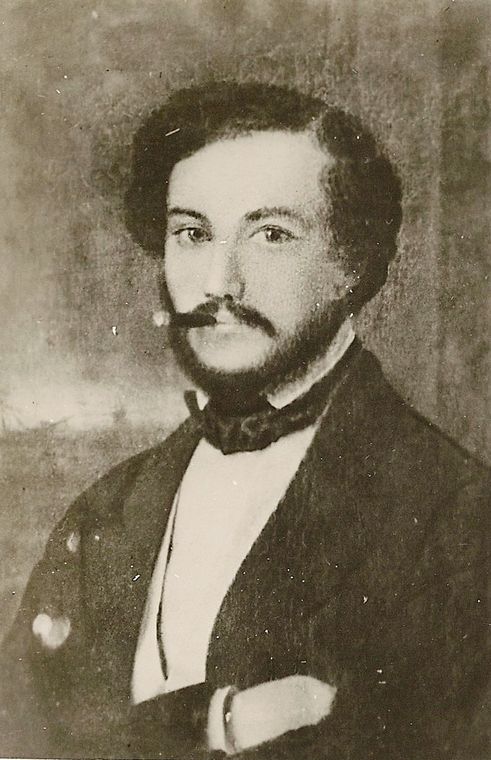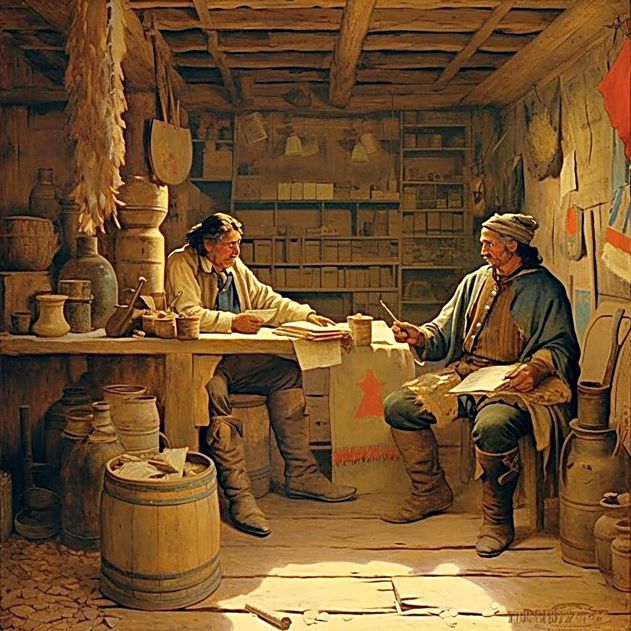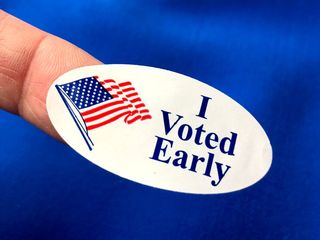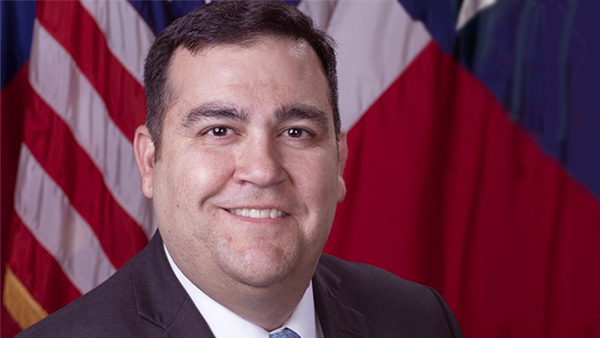- Sections :
- Crime & Public Safety
- Restaurants & Food
- Sports
- More
News from the Lake Creek Settlement: Christmas in 1839, “Frohe Weihnachten”
MONTGOMERY COUNTY, TX -- One of the earliest accounts of a Christmas celebration in the young Republic of Texas was recorded in the diary of a young German traveler and businessman named Gustav Dresel in 1839. This may also be the first account of a Christmas celebration in Montgomery County for which there is a written record. The colonists and settlers, for the most part, were far too busy eking out an agrarian existence in the young Republic of Texas to keep a diary or record their thoughts about Christmas for posterity. Dresel kept a detailed diary of his rather lengthy visit to Texas. Much of his time in Texas was spent in Montgomery residing with fellow German Lewis Stoner [originally Steiner] and his family. He also profited from his visits to Montgomery by buying wagons of corn and selling the corn in Houston for a substantial profit.
The following account is a translation of Dresel’s diary from December 24-25, 1839. His account is from pages 90-92 of Gustav Dresel’s Houston Journal: Adventures in North America and Texas 1837-1841, translated by Max Freund (then Professor of German and Head of the German Department at Rice University) and published by the University of Texas Press in 1954.
“Before Christmas [1839] my corn business recalled me to Montgomery. Christmas Eve was very simply spent with Stoner: we spoke a great deal about Germany and I read German poems to him. In my thoughts, I was with my parents and brothers and sisters on the Rhine. They no doubt thought of me, but could they guess how and where I spent this joyful family festival. Americans allow all these fine festival days to go by uncelebrated, even New Year's Eve. This prosaic life did not please me. I designed a plan to prepare new enjoyments for these backwoods people. I did not want to wallow on the buffalo skin, sunk in melancholic reveries, while all Germany, jubilating, dancing, drinking, and kissing, rejoiced at having got over another year.”
“Escorted by a fellow conspirator, I galloped the four miles to Montgomery to buy as much whisky as our saddlebags would hold. By means of four dollars and good entreaties I succeeded with Mr. Shepherd [W. W. Shepperd], the only one in the region at that time who had a small supply of the most wretched bad spirits in his possession, in purchasing four jugfuls. Happy in the possession of a means for bringing human company together, we set out on the return journey. Old Stoner, after being initiated into our intentions by drink, was ordered to take immediate steps for gathering around me the men of the neighborhood, provided with guns and powder, before darkness would set in. The watchword for the evening was whisky!”
“The prospect of a little glassful of the long missed, though unspeakably bad, liquor acted like a charm. When we were together in sufficient numbers, I made the jug go round. Their frame of mind became favorable. I disclosed my intentions, and they met with approval. Whenever it is a matter of organizing a frolic, a spree, the Texians are not found wanting. It was about eleven o’clock at night when we decamped, after having discharged our guns. We went from farm to farm, and each time we greeted with platoon fire, so that the dogs howled, and the inhabitants took fright and seized their arms to ward off a night attack. As a token of peace, I handed the head of the surprised family the jug and explained in honor of the sublime moment this cannonade took place. It was difficult, however, to make these unbelieving souls conceive that this custom was due to the warlike spirit of the Germans.”



















